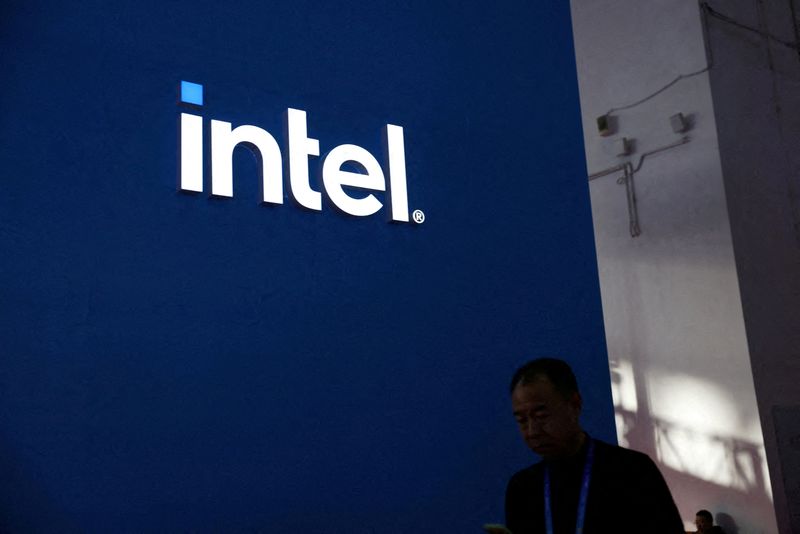Republican U.S. lawmakers have criticized the Biden administration over the unveiling of a laptop by sanctioned Chinese tech company Huawei, powered by an Intel AI chip. Huawei was placed on a trade restriction list in 2019, requiring U.S. suppliers to obtain a difficult-to-obtain license before shipping to the company. Despite calls to revoke the license, it was allowed to expire this year. The unveiling of the AI-enabled laptop, the MateBook X Pro, has angered lawmakers who believe it suggests the Commerce Department approved shipments of the new chip to Huawei.
Republican Representative Elise Stefanik expressed her disapproval on social media, stating that the laptop signifies that the Commerce Department approved shipments of the new chip to Huawei, putting national security at risk. Another representative, Michael McCaul, also voiced concerns, calling for the approvals to stop and noting that this policy was supposed to have changed two years ago. The Commerce Department declined to comment on the situation, and neither Huawei nor Intel provided immediate responses to inquiries.
A source familiar with the matter disclosed that the chips were shipped under an existing license and were not subject to recent broad-based restrictions on AI chip shipments to China. This development has raised further questions about the handling of technology exports to Chinese companies like Huawei. The ongoing tensions between the U.S. and China over technological advancements and national security concerns have heightened scrutiny on such transactions.
The controversy surrounding the Intel AI chip shipment to Huawei highlights the complex relationship between the two countries when it comes to technology and trade. The Biden administration’s approach to handling dealings with sanctioned Chinese companies has faced criticism from both political parties, with lawmakers calling for stricter measures to prevent technology transfers that could compromise national security. The issue also underscores the challenges in balancing economic interests with security considerations in the context of global trade.
The United States’ efforts to restrict Huawei’s access to American technology as part of broader attempts to limit China’s technological advancements have led to ongoing conflicts and controversies. The delicate balance between economic competition and national security imperatives remains a key point of contention in discussions around trade policies with regard to China. The Biden administration’s handling of technology exports to Chinese companies like Huawei will continue to be closely monitored by lawmakers and stakeholders on both sides of the political spectrum.
The implications of the Intel AI chip shipment to Huawei extend beyond immediate concerns over national security and technology transfer. The incident has broader geopolitical ramifications, impacting U.S.-China relations and the ongoing struggles for technological supremacy. As technology continues to play a vital role in shaping global power dynamics, decisions regarding technology exports and trade with countries like China will be subject to intense scrutiny and debate, reflecting the complexities of navigating the intersection of economic interests and national security considerations in an increasingly interconnected world.


